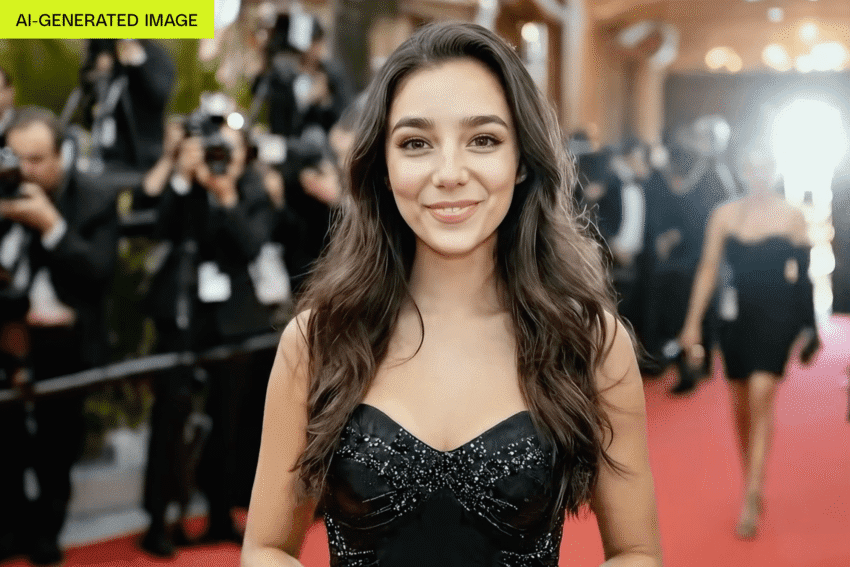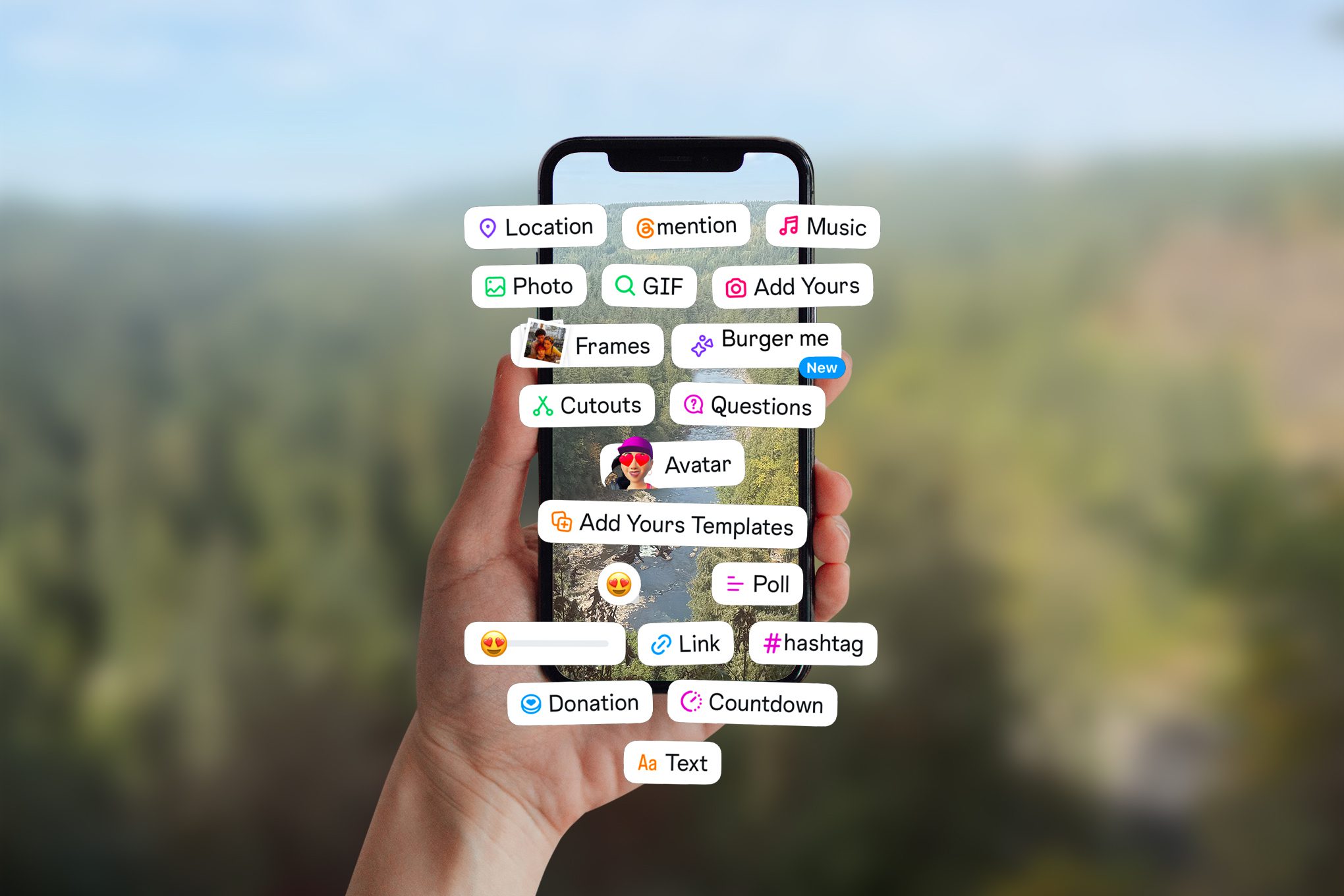
tilly norwood is a gen ai psyop At the Zurich Film Festival, Eline Van der Velden, founder and CEO of AI production house Particle6 and its subsidiary talent studio Xicoia, revealed that several talent agents are interested in collaborating with Tilly Norwood, an AI-generated actress developed by her companies.
tilly norwood is a gen ai psyop
The Emergence of Tilly Norwood
Tilly Norwood represents a significant milestone in the intersection of artificial intelligence and the entertainment industry. Created by Particle6 and Xicoia, Norwood is not just a digital creation; she embodies a new era of virtual talent that could reshape how audiences engage with performances. While details about the specific talent agencies expressing interest remain undisclosed, the mere acknowledgment of such interest has sparked considerable excitement and speculation within the industry.
The Technology Behind Tilly Norwood
The development of Tilly Norwood is rooted in advanced AI technologies that allow for the creation of hyper-realistic digital characters. These technologies utilize deep learning algorithms and neural networks to generate lifelike facial expressions, voice modulation, and even emotional responses. This level of sophistication enables AI-generated characters to perform in ways that closely mimic human actors, making them appealing to both producers and audiences alike.
Particle6 and Xicoia have invested significant resources into refining these technologies, ensuring that Norwood can not only act but also engage with fans and audiences on social media platforms. This dual capability positions her as a versatile asset in a rapidly evolving entertainment landscape.
Industry Reactions and Implications
The announcement of Tilly Norwood’s potential collaboration with talent agents has elicited a range of reactions from industry stakeholders. Some view this development as a natural progression in the digital age, while others express concern over the implications for human actors and the broader entertainment ecosystem.
Support from Innovators
Many innovators within the tech and entertainment sectors have welcomed the emergence of AI-generated talent. They argue that characters like Tilly Norwood can enhance storytelling by providing unique perspectives and experiences that human actors may not be able to deliver. For instance, AI-generated characters can be programmed to embody specific traits or narratives that resonate with diverse audiences, thereby broadening the scope of creative possibilities.
Moreover, proponents argue that AI-generated talent could alleviate some of the pressures faced by human actors, such as typecasting and the intense competition for roles. By introducing digital characters into the mix, the industry may find new avenues for storytelling that do not rely solely on traditional casting practices.
Concerns from Traditionalists
Conversely, traditionalists within the industry express apprehension regarding the rise of AI-generated talent. One of the primary concerns is the potential displacement of human actors. As digital characters become more sophisticated, there is a fear that studios may opt for AI talent over human performers, particularly for roles that require extensive CGI or special effects.
Additionally, critics argue that the emotional depth and authenticity that human actors bring to their performances cannot be replicated by AI. While Tilly Norwood may be capable of mimicking human emotions, the argument stands that genuine human experience is irreplaceable in storytelling. This raises ethical questions about the role of AI in creative industries and whether it undermines the value of human artistry.
Market Potential and Future Prospects
The interest from talent agents signifies a growing market potential for AI-generated characters in the entertainment industry. As technology continues to advance, the capabilities of AI-generated talent are likely to expand, leading to new opportunities for collaboration and innovation.
New Business Models
The introduction of AI-generated talent like Tilly Norwood could pave the way for new business models in the entertainment sector. For instance, production companies may explore hybrid models that combine human and AI talent, allowing for more dynamic storytelling and audience engagement. This could also lead to the development of entirely new genres of entertainment that leverage the unique attributes of AI characters.
Furthermore, the potential for AI-generated characters to engage with audiences in real-time through social media platforms could create new revenue streams. Brands may seek to partner with AI characters for marketing campaigns, leveraging their digital presence to reach younger, tech-savvy audiences.
Legal and Ethical Considerations
As the industry begins to embrace AI-generated talent, legal and ethical considerations will become increasingly important. Questions surrounding intellectual property rights, compensation for AI-generated performances, and the ethical implications of using AI in creative roles will need to be addressed. For instance, if an AI character becomes a significant box office draw, who owns the rights to that character? Is it the creators, the production company, or the AI itself?
Moreover, the issue of representation in AI-generated characters raises important ethical questions. As the technology evolves, ensuring that AI-generated characters reflect diverse backgrounds and experiences will be crucial. The industry must navigate these challenges carefully to avoid perpetuating stereotypes or biases that have historically plagued traditional casting practices.
Conclusion: A New Frontier in Entertainment
The emergence of Tilly Norwood as an AI-generated actress marks a pivotal moment in the entertainment industry. As talent agents express interest in collaborating with her, the implications of this development extend far beyond the realm of digital characters. The intersection of AI and entertainment presents both opportunities and challenges that will shape the future of storytelling.
As the industry grapples with the potential of AI-generated talent, it will be essential to strike a balance between innovation and the preservation of human artistry. The conversations sparked by Tilly Norwood’s introduction will likely continue to evolve, prompting stakeholders to consider the ethical, legal, and creative dimensions of this new frontier.
Source: Original report
Was this helpful?
Last Modified: October 4, 2025 at 7:37 pm
2 views















